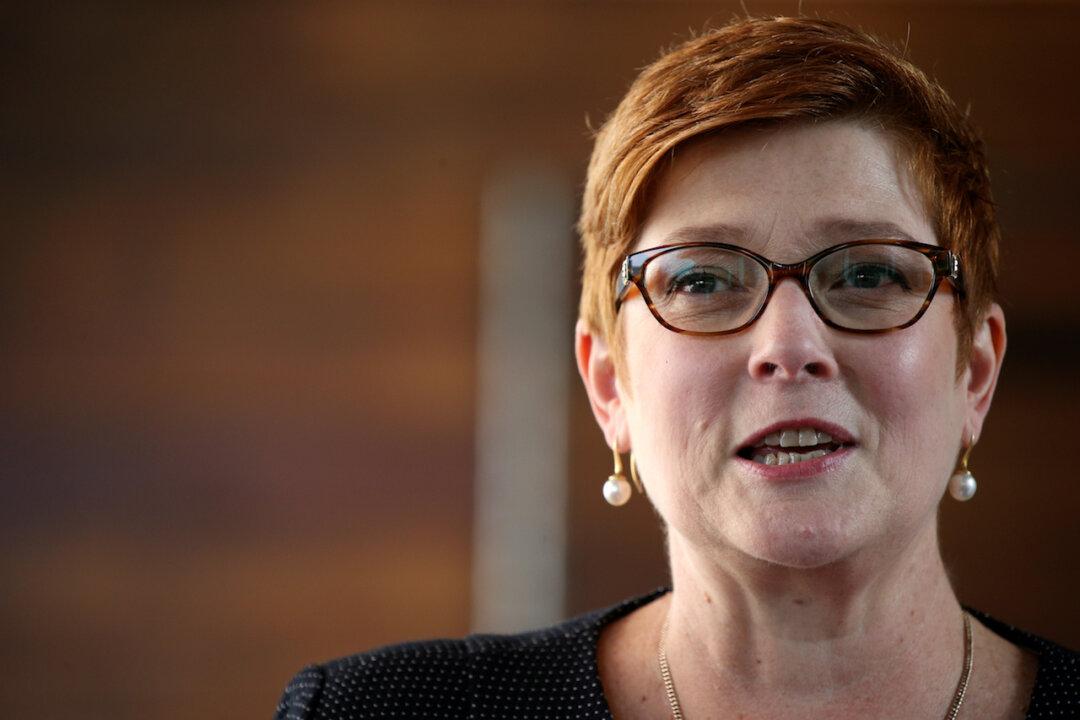Australia has renewed its strategic partnership with SPC, a preeminent Pacific regional science organisation, and will provide $42.5 million for its core funding over the next three years.
Foreign Minister Marise Payne announced the new funding agreement on Nov. 16 in a virtual meeting with SPC Director-General Stuart Minchin.




